Here are three things you might want to consider when planning your life Legacy.
Planning your legacy can seem like a daunting task. There are many questions that need to be answered and a lifetime of memories to sort through. Not to mention, the complex task of organising and allocating assets and important information to pass on to loved ones and trusted advisors.

End-of-life planning is a crucial task that requires thought and essential planning in order to ensure that your loved ones are taken care of after you pass away. This somewhat inevitable task has now become even more important as we live in times of great uncertainty and a global pandemic that has ushered in the need to think about our life management now, rather than later.
LifeReady has created a My Legacy tool that allows you to easily and efficiently create a Legacy that securely stores your crucial end-of-life information, as well as share this with your loved ones and trusted advisors. However, before you dive into organising this, the following are three things that you might want to consider.
- Who has your best interests at heart?
This is an extremely important question. In fact, we should probably add, not just your interests, but your family’s interests at heart (if this applies to your specific circumstances of course). An important part of the LifeReady platform is the ability to allow you to securely share your crucial information with those that matter to you the most, and those whom you trust to look after your affairs if something unexpected were to happen to you.
Added features of the platform, including My Legacy and Trusted Parties allow you to give permissions and instructions to specific individuals (Trusted Parties) related to a particular Record of information you store in your Vault. This will then allow for your chosen Trusted Party to perform the appropriate task required of them or access crucial information on your behalf when required.
Furthermore, LifeReady's Legacy feature encourages you to have a conversation with those you trust, in order to provide them with the most accurate information and accessibility to your last wishes.
This is particularly important when it comes to estate documents and your Will, where you may need a durable Power of Attorney (or healthcare Power of Attorney) to take care of your finances, and perhaps a person who you trust to take care of your medical needs and decisions if you are unable to.
In other circumstances, it is important to think about who your contingent would be. That is, someone who shares the same values as you and knows you well enough to carry out your wishes should you be in a circumstance to not be able to speak for yourself.
Who can you trust to make sure that your family is taken care of after you pass away?
2. How large could your estate be in say 10 or 20 years?
This question requires some prophecy in an effort to adequately plan for your family’s future when you pass away. At the very least, it is best to over-plan and think of the most optimum scenario, i.e. that there will be millions in your estate. This is especially the case if you are a young professional. Basically, you are taking into consideration several generations at this point, which is crucial, as often people get complacent with updating their documentation as their family or circumstances expand or change. Not doing this can have disastrous implications and bring more complexity into matters for future generations.
3. What do you want to be remembered for?
This aspect brings with it some sentimentality, albeit imperative in the creation of a legacy. In fact, the very word ‘Legacy’ in its description enforces the sentiment of what a person would like to be remembered for.
What values do you want to share with your future generations? What was the purpose of your work? What did you want to be remembered by?
These are all very valid questions that may relate to certain actions that you would like your future generations to uphold for you or complete on your behalf. For example, you could have volunteered at a Soup Kitchen every second Sunday of the month, and want to give back to the Soup Kitchen after you’re gone.
Keeping this in mind, we have created a Statement of Wishes functionality on the LifeReady platform which allows you to not only leave behind directives for your selected Trusted Parties to perform, but also the reason why you would like this action taken and what it means to you.
